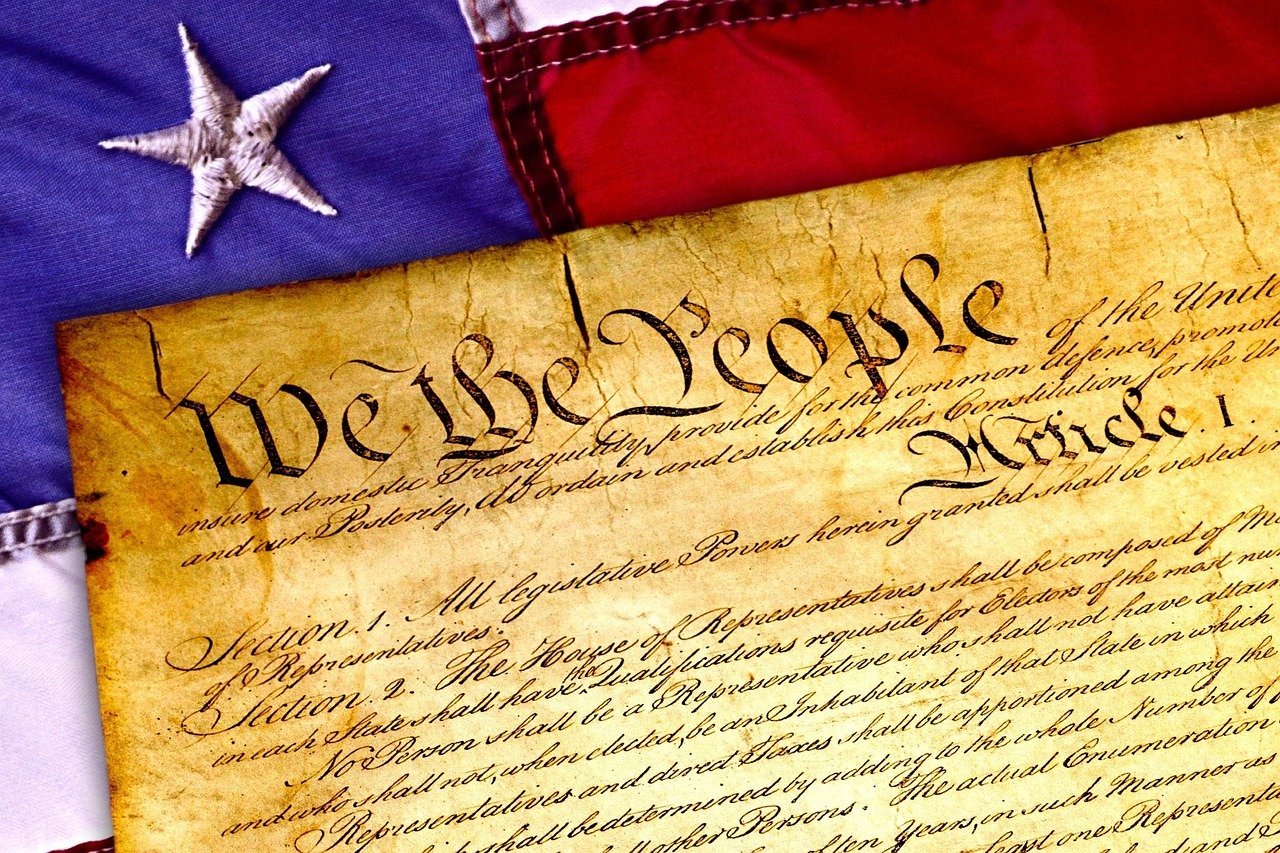Using Constitutional Law to Understand Academic Freedom in the Classroom

Many of the current media narratives around social studies and civic learning in school provide both opportunities and challenges for classrooms as we enter into the new school year on the eve of a midterm election season. Some school districts and states have responded with policy mandates restricting what can be shared and studied in the classroom. This raises questions about academic freedom and constitutional law as it relates to instruction.
This week, the Illinois Civics Hub (ICH) hosted Dr. Steven D. Schwinn, Professor of Law, and the University of Illinois- Chicago School of Law for an examination of academic freedom in the classroom using judicial precedents, current events, and pending cases that could shape this topic in the future. Participants asked questions to deepen their understanding of how the First Amendment applies to students and educators. If you missed the webinar, you can access a recording on the ICH Webinar Archives.
Educators looking for resources to respond to administrator and community concerns about the teaching of social studies might also consider the following resources.
-
- The Illinois Civics Hub recently hosted a webinar, Sorting Facts from Fiction: What Districts Can Do to Combat Misinformation in the Current Culture Wars, to explore proactive measures administrators can take to create a supportive school climate for all stakeholders. Participants heard from leading experts in school climate, civics, news literacy, and social-emotional learning. A recording of the webinar is available on the Illinois Civics Hub Webinar Archive along with blogs that share resources.
- The National Action Civics Collaborative Back to School Summer Toolkit has resources that can be used to communicate with parents and administrators.
- The Center for Information and Research on Civic Learning and Engagement (CIRCLE) at Tufts University Recently published What the Research Says: History and Civics Education.
- The National Council for Social Studies released A Response to the Attacks on Social Studies Education in State Legislatures and Local Boards of Education.
- The CivXNow Coalition has a number of resources related to best practices of civic education grounded in research and data.
- This past spring, Dr. Schwinn was a panelist on a webinar hosted by the UIC titled, A Faculty-Led Conversation about Academic Freedom in the Classroom hosted by the UIC Law Diversity, Equity & Inclusion Committee. This faculty-led conversation explored the parameters and critical considerations of academic freedom in the classroom with a spectrum of perspectives from leading academic voices, followed by a Q&A period.
